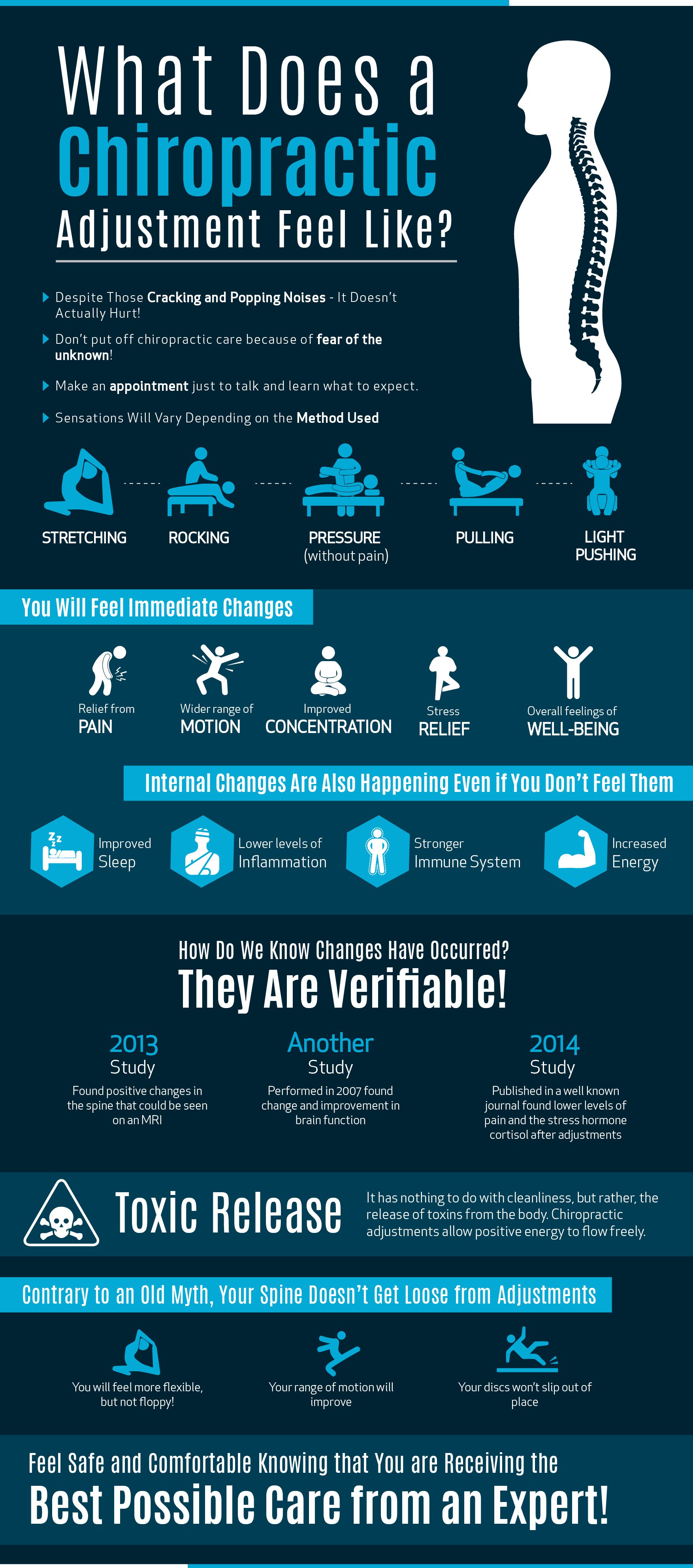What Your Pain In The Back Claims Regarding Your Health: Usual Conditions And Symptoms
What Your Pain In The Back Claims Regarding Your Health: Usual Conditions And Symptoms
Blog Article
Content Develop By-Koch Hamilton
If you're experiencing neck and back pain, your body might be attempting to inform you something greater than just discomfort. The way your back really feels can give beneficial clues regarding your general health. Recognizing the particular sort of discomfort you're really feeling and any accompanying signs and symptoms is crucial to untangling the enigma behind your pain. Let's explore the common problems and signs and symptoms related to various kinds of back pain to clarify what your body might be signaling.
Types of Pain In The Back
When it pertains to back pain, there are numerous kinds that you may experience. One typical kind is muscle pain, often caused by overuse, stress, or injury to the muscles and ligaments sustaining the back. This sort of discomfort can vary from mild discomfort to severe and incapacitating discomfort.
Another type is nerve discomfort, which can result from problems like herniated discs or sciatica. Nerve discomfort often offers as a sharp, shooting feeling that radiates down the leg.
Joint pain in the back can originate from problems like arthritis or sacroiliac joint disorder. This kind of discomfort is commonly really felt in the lower back and can be intensified by certain motions.
Furthermore, neck and back pain can be associated with structural troubles such as spine stenosis or vertebral fractures. Comprehending the kind of pain in the back you're experiencing is crucial in determining the suitable therapy and administration approaches.
Common Effects to Expect
Moving past the different types of back pain, it is essential to acknowledge the usual signs and symptoms that can signal underlying issues.
Relentless pain in the back that intensifies with movement or during the night could suggest an extra serious problem. Numbness or prickling in the legs or feet, specifically when accompanied by weakness, might indicate a nerve-related problem. If you experience unexpected weight management along with pain in the back, it could be a sign of a more systemic condition.
Take note of any type of modifications in bladder or bowel function, as this could be connected to spine compression. Fever, chills, or evening sweats in conjunction with neck and back pain might indicate an infection. Keep Read Home Page out for discomfort that emits down one or both legs, potentially a sign of sciatic nerve pain.
Wellness Issues Linked to Back Pain
If you experience pain in the back, it's essential to understand the possible health problems connected to this pain. Back pain can be a symptom of different underlying problems, consisting of muscle mass stress, herniated discs, osteo arthritis, spine stenosis, and even problems like kidney stones or infections.
Muscle mass pressures are common and often arise from raising heavy objects or sudden movements.
Herniated discs happen when the soft cells between vertebrae protrudes, causing nerve irritation.
Osteo arthritis, a degenerative joint condition, can cause back pain as cartilage wears down.
Spinal constriction, the narrowing of the back canal, can tax nerves.
Kidney stones might cause extreme neck and back pain if they relocate into the urinary tract.
gonstead chiropractor like spinal osteomyelitis can additionally manifest as back pain. Understanding these prospective health conditions can aid you look for proper treatment and monitoring for your back pain.
Conclusion
So, next time your back injures, pay attention to the kind of pain and accompanying signs and symptoms. It could be a signal from your body regarding underlying health problems like muscle mass stress, nerve issues, joint issues, or even architectural problems. By acknowledging these indications, you can take proactive actions to resolve the root cause of your back pain and improve your overall health and wellness and health.
